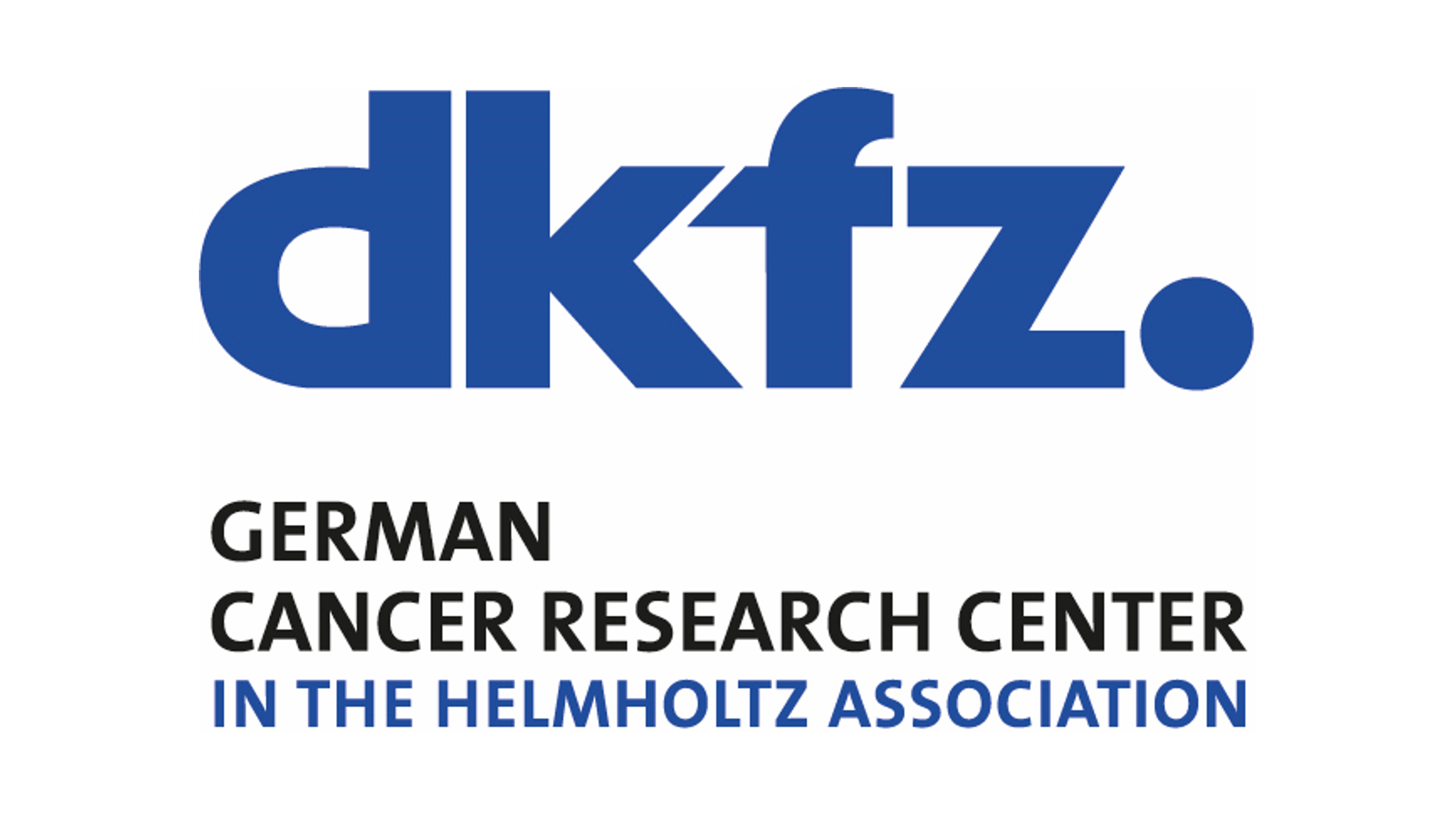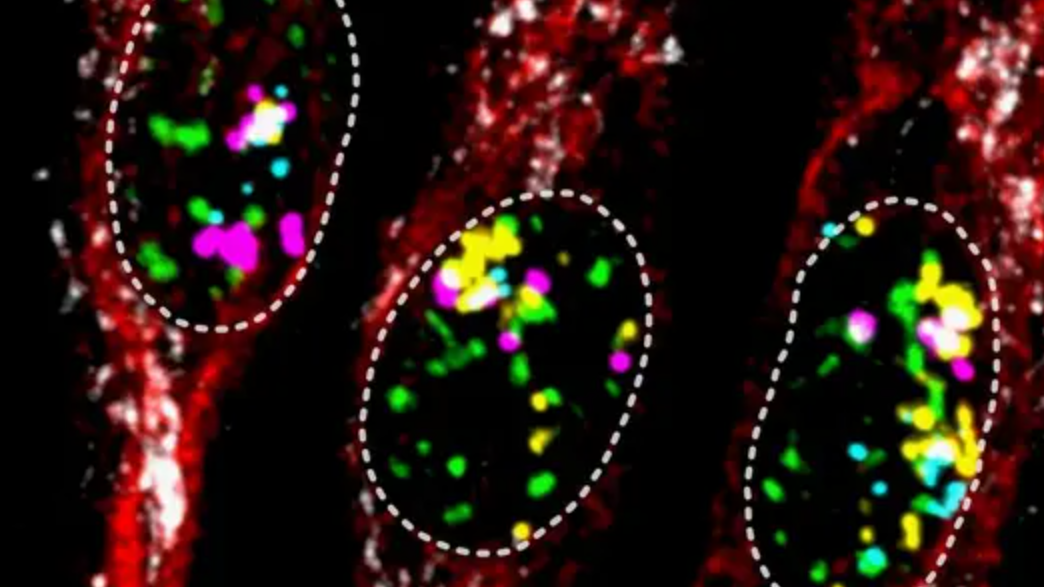Transparent artificial intelligence improves assessment of prostate cancer aggressiveness

Until today, the aggressiveness of prostate cancer has been assessed primarily using the Gleason grading system—an analysis of cancer tissue in a pathology laboratory that is highly subjective. An international research team led by the German Cancer Research Center (DKFZ) has now developed a novel, explainable AI model that aims to make the diagnosis of prostate cancer more transparent and less susceptible to error.
“Previous AI models can make predictions about Gleason scores, but often do not provide a comprehensible explanation, which limits their clinical acceptance,” explains Titus Brinker from the DKFZ. The newly developed system dispenses with retrospective explanations and is based directly on descriptions of the pathology. To this end, 1,015 tissue samples were annotated with detailed explanations by international experts.
The study, which involved 54 pathologists from ten countries, presents one of the most comprehensive collections of explanation-based tissue annotations. As a result, the Heidelberg team presents “GleasonXAI,” an AI that offers interpretable decisions—similar to those a pathologist would provide.
By using so-called “soft labels,” which reflect the uncertainties between individual pathologist assessments, the AI was able to achieve reproducible results despite high variability. In a direct comparison with conventional models, GleasonXAI achieved equivalent or better accuracy – while also offering increased transparency.
AI speaks the language of pathologists
Pathologists from Germany, the US, Canada, Switzerland, and other countries participated in the study. The experts contributed a median of 15 years of clinical experience to the project. In addition to developing the model, the team is also publishing the largest freely available dataset to date with explanatory annotations for Gleason patterns in order to further advance research on explainable AI.
“For the first time, we have developed an AI system that recognizes the characteristic tissue features of Gleason patterns and explains them in a similar way to a pathologist,” says Gesa Mittmann, co-author of the study. “This should increase trust and acceptance of AI in everyday clinical practice.”
Potential for clinical practice
The results show that explainable AI can be implemented in a practical manner without compromising performance. This could accelerate its use in routine pathology—which is highly relevant, especially in times of rising cancer rates and declining specialist capacities.
In addition, the model also supports training: “The explainable segmentations can particularly help young pathologists understand typical patterns and make reliable diagnoses more quickly,” emphasizes Brinker.
Publication:
G. Mittmann, S. Laiouar-Pedari, H. A. Mehrtens et al. Pathologist-like explainable AI for interpretable Gleason grading in prostate cancer. Nature Communications 2025, DOI: https://doi.org/10.1038/s41467-025-64712-4




